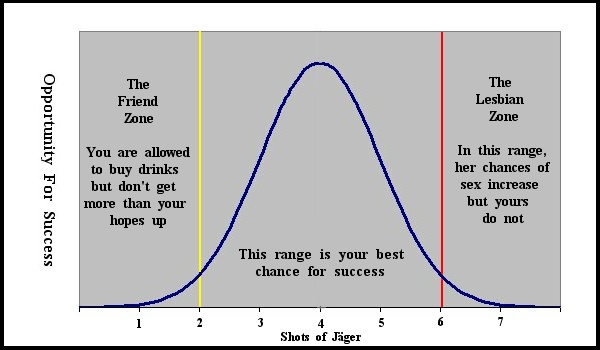One consistent feature of human progress throughout history has been that science will come up with creative answers to current problems. When ancient people living in small tribes were running out of game to hunt, some leaders thought rationing and mitigation were the answers. They would have created a culture of despair. Domesticated livestock was the answer instead and then efficient agriculture and even terraforming.
Based on that confidence, a lot of people, me included, assume that global warming can be solved by some 'future technology' as yet undeveloped. Killing our economy by 25% now (yes, imagine it 25% worse) to stave off a .5 degree warming problem in 50 years is positively un-scientific.
But hope is not how things get done. People point to Y2K and say 'it was all hype, nothing happened' but they forget that's because we spent billions prior to that fixing problems. Likewise, acid rain was a huge concern in the 1980s and is not now because problems were addressed squarely.
Capturing and storing carbon dioxide is a solution the anti-global warming contingent (read, political pundits and bloggers using science to attack Democrats) say can keep us in an SUV Promised Land today. Then future technology can deal with it permanently.
To those people (in this case, Republicans) I say, 'Pretend a Democrat is saying Social Security will take care of itself in the future. Would you be skeptical?' Well, that's how I feel when they insist nothing needs to change and it will all be okay.
 Marijuana For ADHD?
Marijuana For ADHD? Rutgers Study - Forcing DEI Programs On People Increases Hostility
Rutgers Study - Forcing DEI Programs On People Increases Hostility Minnesota Trial Lawyers Want To Ban Neonics - Here Is Why That Is A Mistake
Minnesota Trial Lawyers Want To Ban Neonics - Here Is Why That Is A Mistake The Toxic Masculinity Of Disney Movies
The Toxic Masculinity Of Disney Movies







